Hanoi After undergoing major surgery to remove a stomach tumor, the 45-year-old woman is haunted by a nearly 15 cm long scar from her chest to her abdomen. She dares not look in the mirror because she thinks about the disease.
The patient had bloating, acid reflux, and lost 3 kg in a month, so he went to the doctor and was diagnosed with late-stage stomach cancer. Because the tumor was too large and complicated, the doctor ordered an open surgery to remove the entire tumor and completely treat the disease. The patient was weak, weighed 42 kg, and was mentally exhausted, making the surgery even more difficult.
After surgery, the patient continued to improve her physical condition and undergo radiation therapy according to the regimen. However, she was constantly shocked and haunted by the long surgical scar on her chest, "like a rough centipede", not daring to look directly at the scar and not wanting to receive treatment.
"It makes me feel like I'm sick, my anxiety increases, I'm afraid of going to the hospital, afraid of doctors, and it haunts me even in my sleep," the woman shared.
In another case, a 43-year-old woman had chest pain and went to many places for examination but could not be diagnosed. At Hanoi Medical University Hospital, doctors suspected breast cancer but could not confirm it. Doctor Ngo Van Ty, Department of Oncology, prescribed surgery to remove the entire tumor and did tests. However, the patient worked in an office and liked to be beautiful, so she was afraid of having her breasts removed and felt self-conscious when meeting people.
"The breast is a typical female organ. Removing one side and leaving a large scar affects both quality of life and psychology," said the doctor.
After consultation, the team decided to perform surgery to treat the tumor, as well as perform cosmetic surgery for the patient. However, not all patients can undergo immediate reconstructive surgery, depending on their physical condition and the condition of the tumor.
The incision across the neck is also a nightmare for thyroid cancer patients. Previously, doctors made a horizontal incision across the neck, the length of which depended on the condition of the disease, leaving a long scar that affected aesthetics. In addition, after surgery, patients also encountered other problems such as difficulty swallowing and allergies. For example, a 30-year-old female patient who had thyroid cancer for 10 years had to wear a small scarf around her neck or a high-necked shirt to cover the 5 cm scar.
"Many people who don't know say it's pretentious, and those who know ask 'do you have cancer', which makes me even sadder," she said.
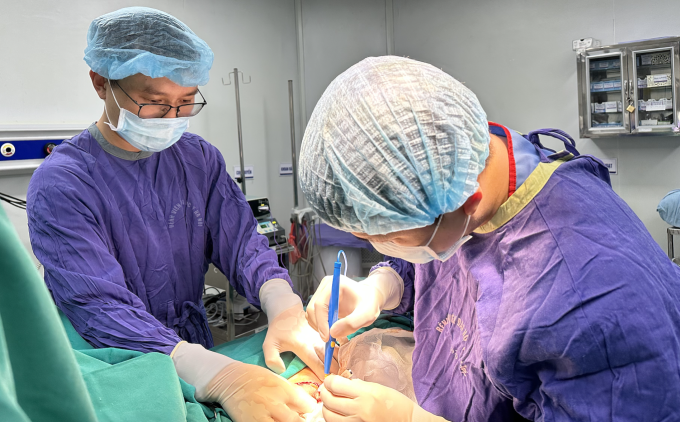
Doctor Ty and the surgical team are performing surgery to remove a patient's breast tumor. Photo: Provided by the doctor
According to Dr. Ty, patients are primarily haunted by scars because they fear that "surgery" will cause the tumor to flare up, spread, and metastasize faster. However, in many cases, tests and imaging sometimes do not accurately and comprehensively reflect the disease. Only during surgery can the doctor accurately diagnose the tumor's condition, so "surgery" is essential.
After surgery, most patients are afraid to look at the scar - because it reminds them of the illness, making them worry that the tumor will recur and metastasize. "This is a mental issue, people need to understand and sympathize with the patient," said Dr. Ty.
Sharing the same opinion, Dr. Hoang Manh Ninh, Head of Plastic and Cosmetic Surgery Department, Post Office Hospital, said that young, middle-aged patients with good economic conditions are more likely to experience this condition. Patients are shocked when they discover cancer, especially in the late stages, and their psychology is even more severe.
In this situation, Dr. Le Van Thanh, Department of Abdominal Surgery 1, Central Cancer Hospital, said that we should not think that "it is good enough for a cancer patient to be alive, there is no need to care about beauty or ugliness". "Even if they live for one more day, the patient still has the right to receive the best care and treatment", Mr. Thanh expressed.
Therefore, in every surgery, the doctor always meticulously completes each stitch, ensuring aesthetic surgical scars. Aesthetically treating surgical wounds is also a therapy that helps patients reduce their self-consciousness, pain, and gives them more motivation to fight the disease.
Currently, medical advances have helped many people cure or prolong their lives, depending on the type of cancer and the stage of the disease. Some types of cancer have a 5-year cure rate of over 90% if detected early and treated promptly, such as thyroid, breast, prostate, colon cancer... Therefore, doctors advise patients to be optimistic, follow the correct treatment regimen, and combine adequate nutrition and exercise.
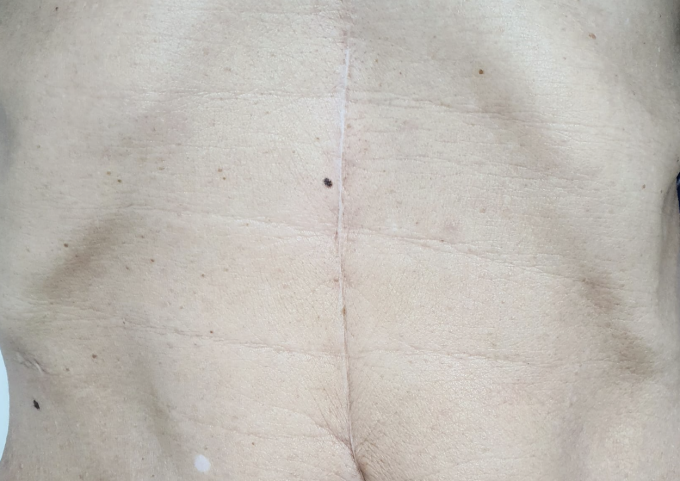
Image of a cancer patient's scar 4 years ago. Photo: Provided by Doctor Thanh
Thuy An
Source link


![[Photo] General Secretary To Lam works with Lam Dong, Binh Thuan and Dak Nong provinces](https://vphoto.vietnam.vn/thumb/1200x675/vietnam/resource/IMAGE/2025/6/11/c3e736d90cda4fe78f96c9bfb68d4e0b)

![[Photo] Third session of the Committee for Drafting Amendments and Supplements to a Number of Articles of the 2013 Constitution](https://vphoto.vietnam.vn/thumb/1200x675/vietnam/resource/IMAGE/2025/6/11/16cab51dafc741719485978eb3ed8ce3)



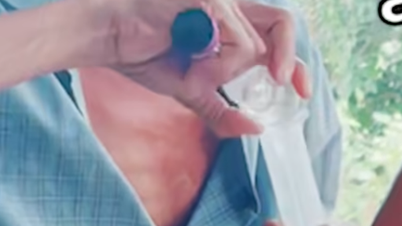











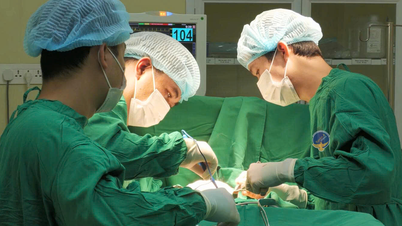

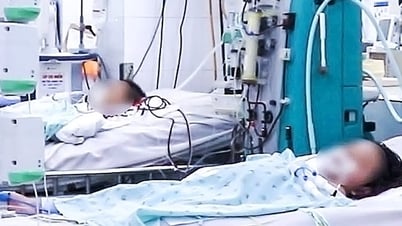

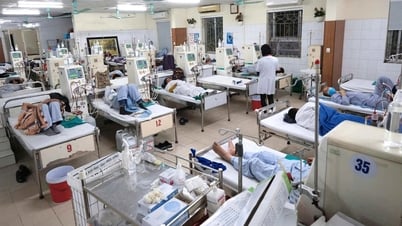












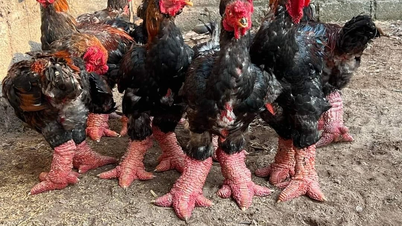










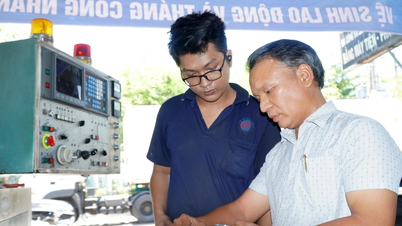























































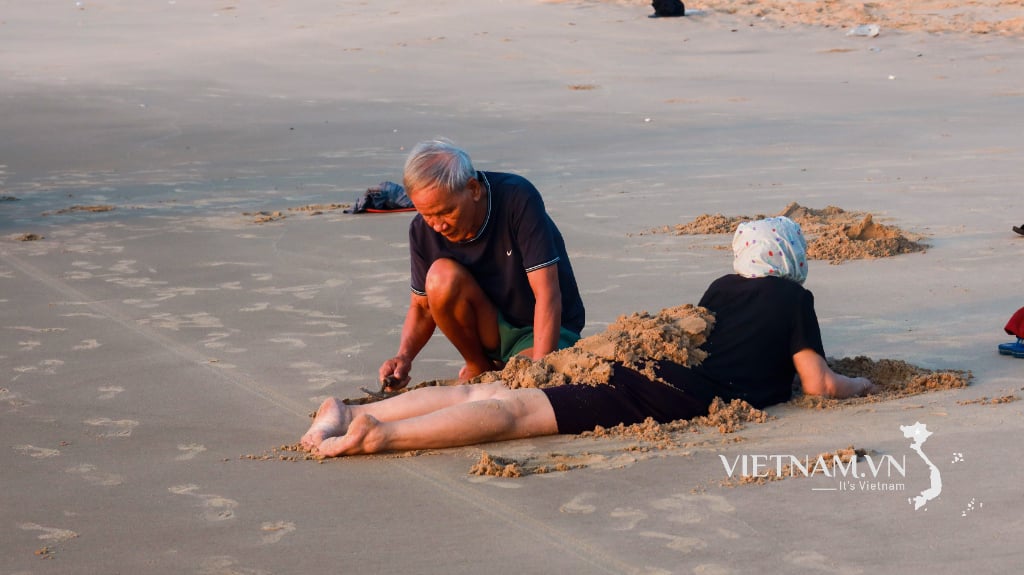
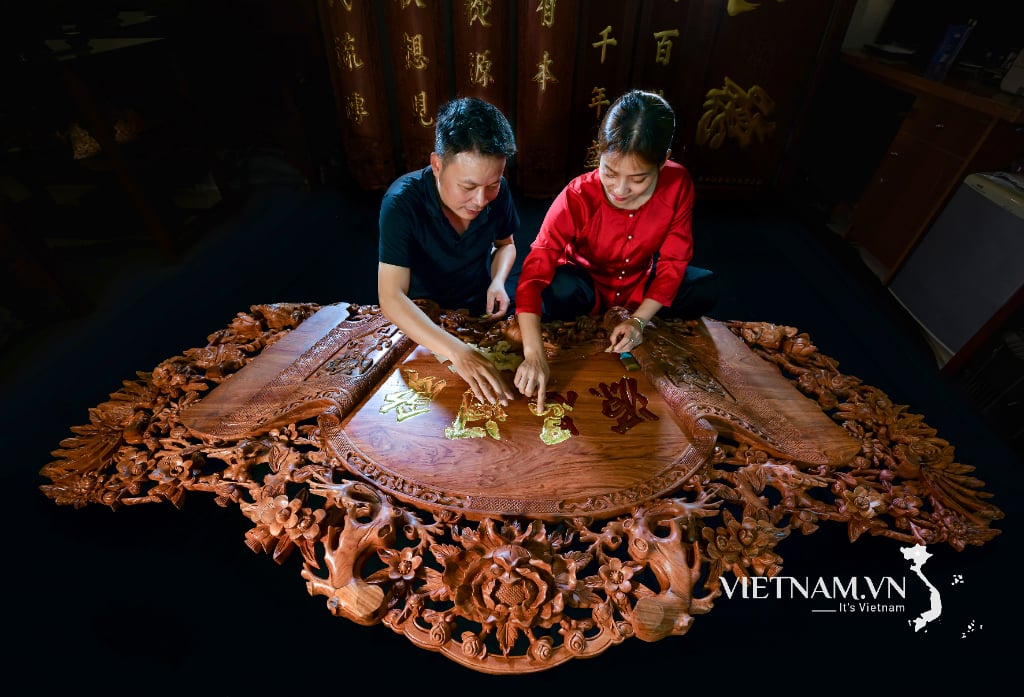

Comment (0)